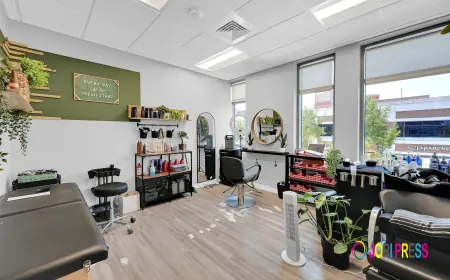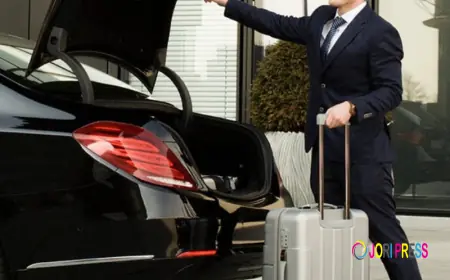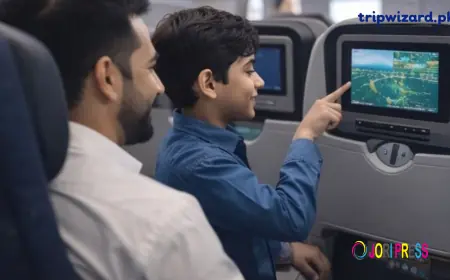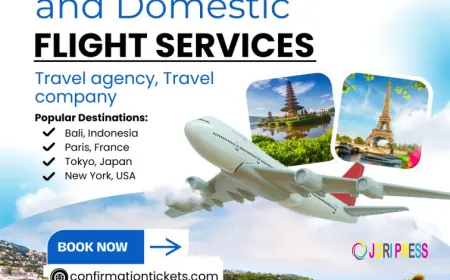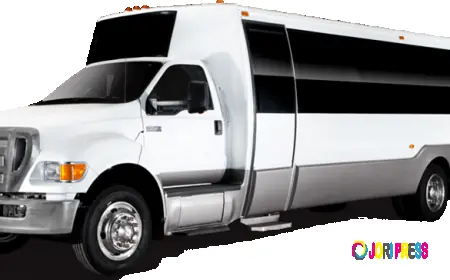2025 Travel Trends: Smart Planning, Eco Stays & Hidden Destinations
Popular tourist hubs becoming increasingly crowded, many travelers are now exploring regions that aren’t on the standard travel guides.
In 2025, travel continues to evolve with a focus on smarter planning, responsible tourism, and exploring lesser-known places. Travelers are being more intentional with how they spend, where they stay, and how they move around. It’s not just about bucket lists anymore—it’s about meaningful experiences. While browsing local options near a popular hill station in the northeast, I even noticed unique kiosks selling Orion vapes, often near outdoor cafes. This is a small example of how modern lifestyle touches travel, blending habits into different landscapes.

Smarter Travel Planning with Tech Tools
Planning a trip today involves far more than booking tickets. Tech integration is making it easier for travelers to design seamless itineraries. AI-powered apps and online planners now offer:
-
Predictive pricing tools for flights and hotels
-
Itinerary suggestions based on traveler preferences
-
Automated alerts for weather, transport delays, and event changes
-
Contactless check-ins using facial recognition
-
Virtual tours to preview accommodations or attractions
These tools reduce planning time and increase personalization. Travelers are also leaning into platforms that combine travel, accommodation, and activity booking into one dashboard, helping them stay organized and minimize overbooking or overlapping schedules.
Eco-Friendly Stays on the Rise
Sustainability is becoming a top priority for both travelers and the hospitality industry. Hotels and guesthouses are adapting by reducing their environmental impact. You’ll now commonly find:
-
Energy-efficient lighting and appliances
-
Reusable water dispensers replacing plastic bottles
-
Biodegradable toiletries
-
Organic food menus sourced from local farms
-
Waste separation systems and composting for food waste
Eco stays are especially popular among younger travelers. They don’t mind spending a little extra if it supports green living. Booking platforms also let users filter options based on sustainability features. This has helped increase the visibility of lesser-known lodges and boutique eco-resorts around national parks and quiet islands.
Exploring Hidden and Low-Key Destinations
With popular tourist hubs becoming increasingly crowded, many travelers are now exploring regions that aren’t on the standard travel guides. These destinations offer a quieter, more immersive experience without sacrificing comfort or connectivity. Examples of such spots include:
-
Rural towns in Eastern Europe with restored castles and vineyards
-
Quiet coastal villages in South India away from commercial beaches
-
Forest lodges in central Vietnam that double as wellness retreats
-
Hill communities in South America promoting local handicrafts and homestays
These places usually have strong community engagement, offering tourists a chance to understand local culture, food, and daily life. This shift is also supporting local economies that previously saw limited travel traffic.
Health, Food, and Digital Wellness on the Move
Modern travelers aren’t just sightseeing—they're managing health and wellness on the go. Travel trends in 2025 show more people integrating food preferences, fitness routines, and digital wellness practices during trips. This includes:
-
Booking hotels with in-room air purifiers and gyms
-
Seeking out vegan or gluten-free restaurants
-
Attending yoga retreats or silent meditation getaways
-
Using digital detox zones in hotels (Wi-Fi-free zones)
One traveler I met during a mountain hike shared his habit of traveling with a lush ice vape—he used it during breaks, and it helped him stay relaxed while socializing in outdoor spaces. It reminded me how personal habits like vaping are also being integrated into the way people experience travel, without disrupting health goals.
Remote Work and Long Stays
Remote work continues to drive extended travel stays. Many companies now offer work-from-anywhere policies, leading professionals to explore "slow travel" lifestyles. Instead of visiting five cities in a week, travelers might stay in one place for a month, mixing work and exploration.
Key features of these long-stay options include:
-
High-speed internet in remote areas
-
Private workstations in rentals
-
Cafes with plug points and stable connections
-
Monthly rental discounts on platforms like Airbnb or local alternatives
This trend is also helping towns outside of big cities gain visibility. For instance, remote villages with reliable internet in Bali or Costa Rica are seeing more bookings from freelancers and remote workers looking to escape city stress.
Transportation: Cleaner and Quicker
Transportation is evolving fast. More people are using electric scooters, rental bikes, and shared EVs for short distances. For intercity or cross-country trips, high-speed rail is becoming a go-to choice in many parts of Asia and Europe. Airlines are investing in sustainable aviation fuel, and newer electric planes are being tested for regional routes.
Travelers now look for convenience and low emissions, especially for domestic trips. Ride-share apps now also offer carbon footprint trackers, encouraging people to choose shared rides when possible. This ties back into the broader eco-conscious movement that's influencing every stage of travel.
Cultural Integration and Learning
People are more curious about connecting with local traditions than ticking off tourist lists. As a result, experiential tourism is booming. Examples include:
-
Cooking classes with local chefs in Vietnam or Mexico
-
Traditional weaving workshops in Nepal or Peru
-
Volunteering at community farms or wildlife sanctuaries
-
Language immersion weekends hosted by local guides
These experiences are less about luxury and more about connection. Travelers are spending time understanding the stories, flavors, and rhythms of their temporary homes.
Ending Thoughts: Future of Thoughtful Travel
Looking ahead, travel in 2025 isn’t just about where you go—it’s about how you go and who you become in the process. The tools and trends are helping us move smarter, live cleaner, and connect deeper. While staying in a quiet lakeside hostel in the Alps, I sat by the window with an aloe grape vape and journaled about the day. It was peaceful. No rush. Just the feeling of being present in a place, surrounded by things that support both relaxation and reflection. That, for me, is what travel should be in 2025.
What's Your Reaction?
 Like
0
Like
0
 Dislike
0
Dislike
0
 Love
0
Love
0
 Funny
0
Funny
0
 Angry
0
Angry
0
 Sad
0
Sad
0
 Wow
0
Wow
0








































